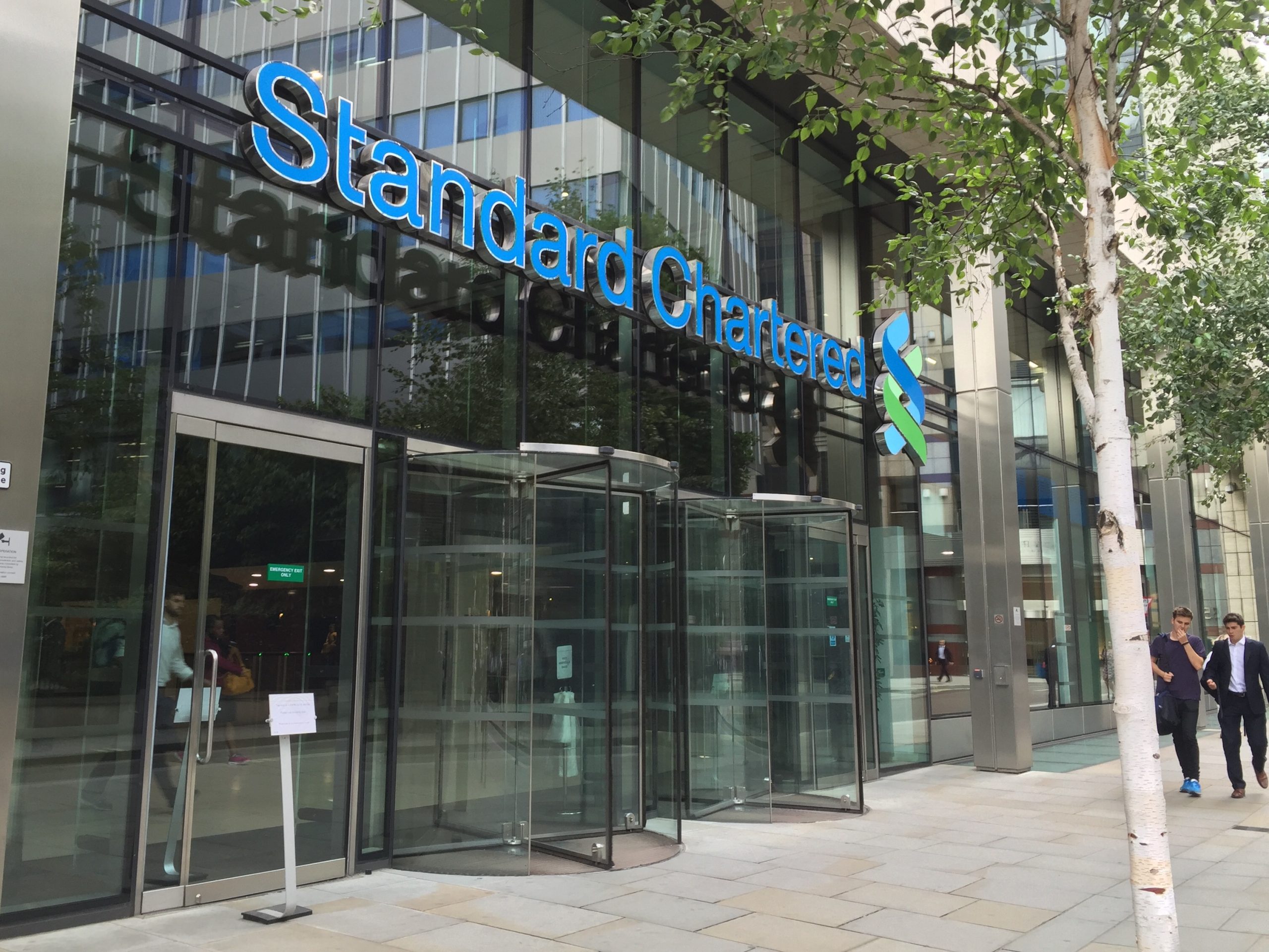DUBAI: Standard Chartered has slashed 150 jobs in the UAE with more expected to be shed by the year-end amid a lending slowdown across the banking sector.
The bank last year revealed plans to axe 15,000 jobs worldwide after years of losses but it did not say at the time how many positions would be lost across its local operations, reported The National.
The move, which has affected the bank’s UAE retail business the most, also comes at a time when local lenders have been suffering because of a slowdown in the economy, the report said.
As more customers use online banking to make day-to-day transactions, retail banks need fewer staff in their branches.
“This is not a cost-cutting exercise,” a bank spokesman reportedly said. “We continuously review our business in order to serve our clients in the most efficient way. We are therefore reshaping our business and organization model in (the) UAE to meet the changing needs of our clients, accelerate our switch to digital and to position ourselves to capture the growth opportunities.”
The news of the cuts was first reported by MEED magazine, which reported that more than 100 people had lost their jobs at the bank, said the Abu Dhabi-based news portal.
HSBC Middle East, FGB, Emirates NBD and RAKBank have also cut jobs during the economic slowdown.
Standard Chartered appointed Sunil Kaushal as its new regional chief executive last year as the bank undertakes a global overhaul to help it become profitable again, the report pointed out.
It is part of a previously announced plan to reduce costs at the emerging market specialist lender by US$1.8 billion in the next two years, and remove overlapping layers of management, reported The National.
In November last year, the bank said it would shed 15,000 jobs globally and raise $5.1bn in capital after delivering a third-quarter loss, the report said.
The lender has been badly hit as the value of most commodities, which underpin the economies of many emerging markets including that of the Arabian Gulf, have fallen sharply.
More than 90 percent of the bank’s business comes from emerging markets and growth in these commodity-rich regions has slowed in recent years as the price of everything from oil, steel and palm oil collapses amid a drop-off in demand from heavy consumers such as China, reported The National.




